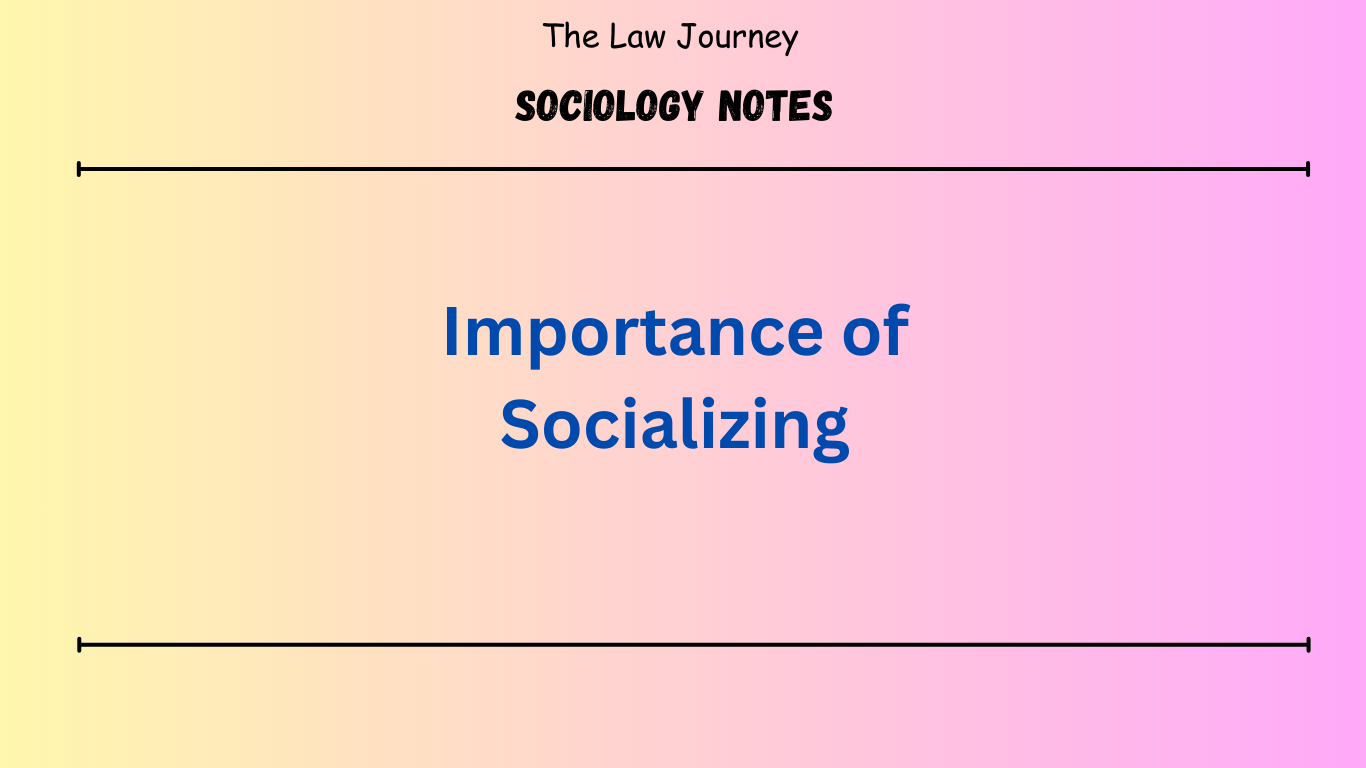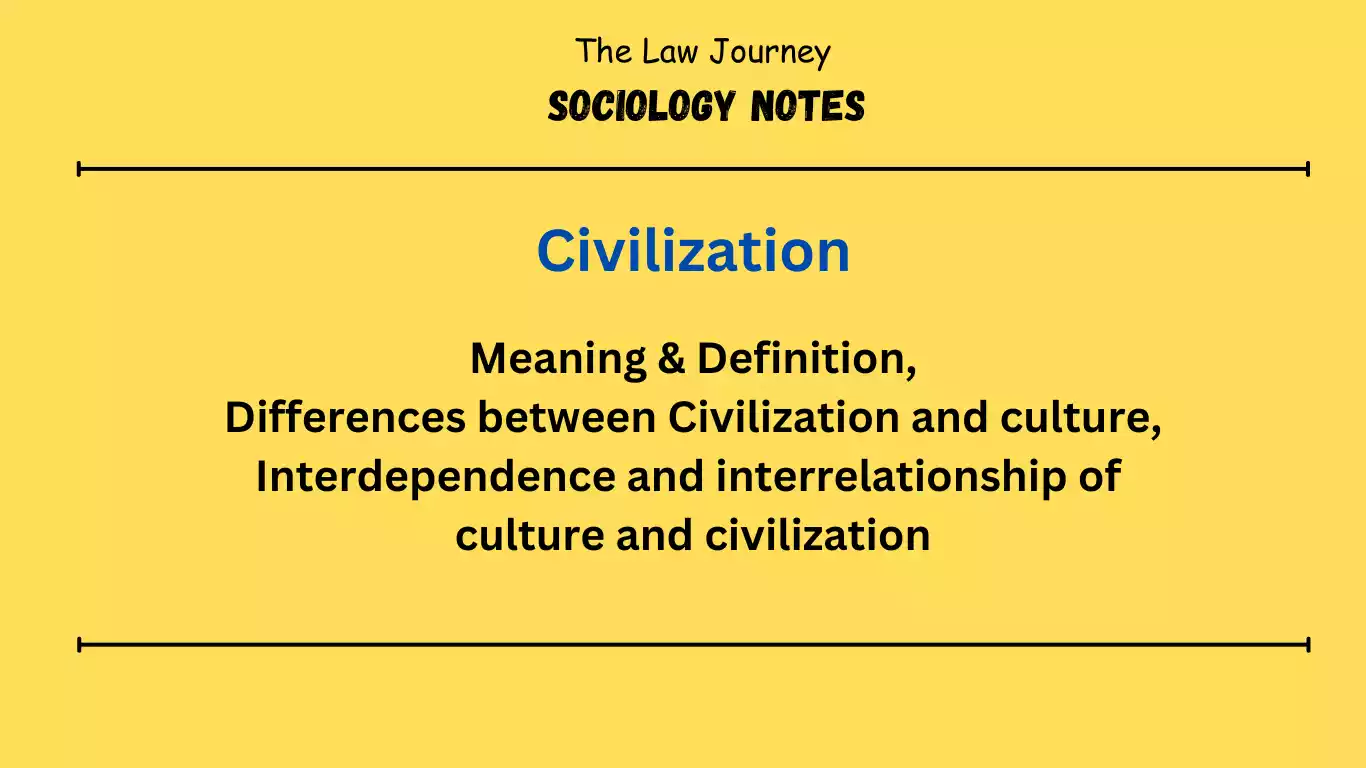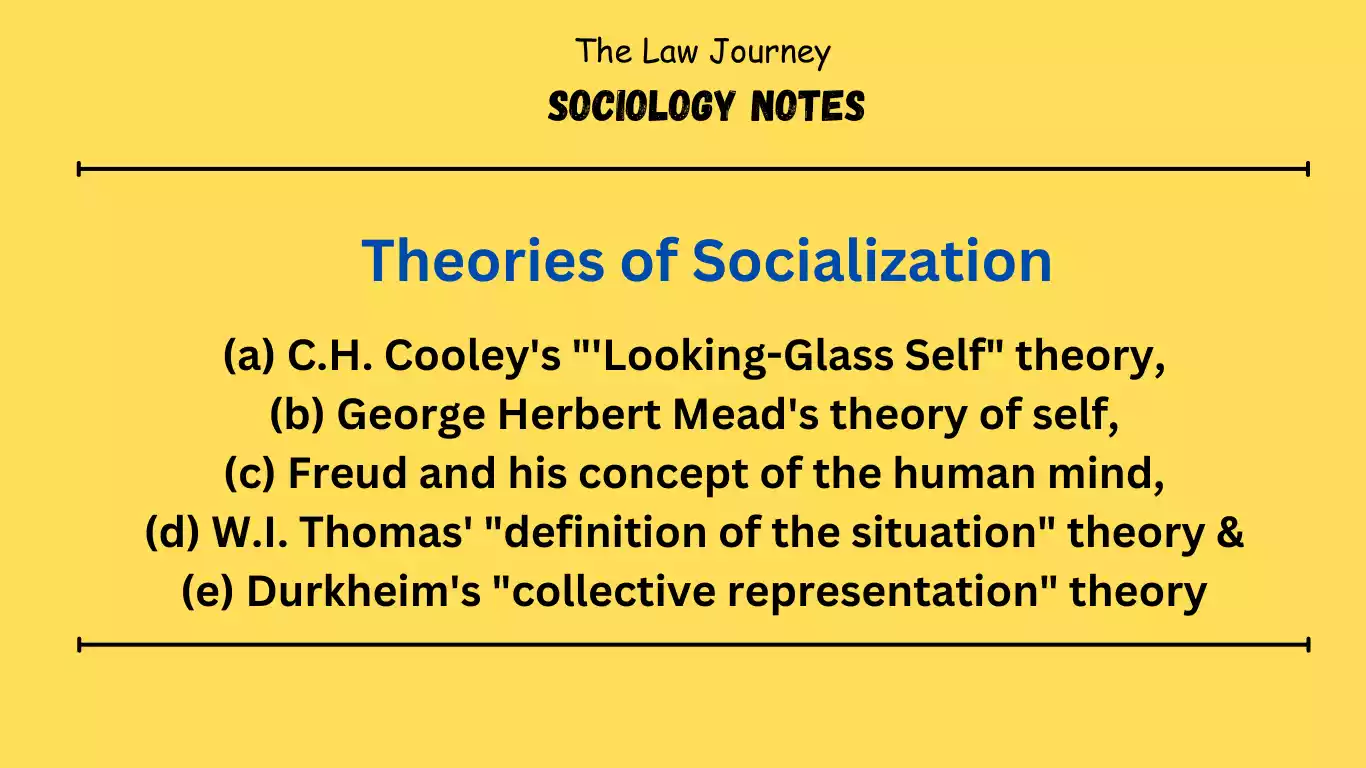Scope of Sociology – Every science has its own field of study. Unless the boundaries of science are set and the scope is clearly defined, it becomes difficult for anyone to study science systematically. Unfortunately, there is no consensus among sociologists about the scope of sociology.
V.F. Culverton commented: “Sociology is such a flexible science that it is difficult to know where its limits begin and end, whether sociology becomes social psychology and social psychology becomes sociology, and whether economic theory becomes a sociological doctrine. It is difficult to determine whether a biological theory becomes a sociological theory”.
However, there are two main schools of thought regarding the scope of sociology: (1) The specialistic or formalistic school and (2) the synthetic school.
(1) The Specialistic or Formalistic School | Scope of Sociology
This school of thought is led by the German sociologist George Simmel. The other main advocates of this school are Vierkandt, Max Weber, Small, Von Wiese and Tonnies.
Simmel and others are of the opinion that sociology is a pure and an independent science. As a pure science, its scope is limited. Sociology should be limited to the study of specific aspects of human relationships. Moreover, only the “form” of social relations should be considered, not their content. Social relations such as competition, subordination, and division of labor are expressed in various areas of social life, including economics, politics, religion, morality, and art. Sociology needs to elucidate and abstract the forms of social relations. investigate . Sociology as a particular social science describes, classifies and analyzes forms of social relations.
Fiercanto says that sociology is concerned with the ultimate form of the spiritual or spiritual relationships that bind people together in society. He argues that when dealing with culture, sociology should not be concerned with the actual content of cultural evolution, but should be limited only to discovering the underlying forces of change and permanence. Historical studies of specific societies should be refrained.
Max Weber believes that the goal of sociology is to interpret or understand social behavior. However, social behavior does not cover all areas of human relationships. He goes on to say that sociology should analyze and categorize types of social relations.
Criticism of Specialistic or Formalistic School | Scope of Sociology
The formalist school of thought has been widely criticized. Here are some critical remarks.
First, the formalist school has unduly narrowed the field of sociology. Sociology must deal not only with the general forms of social relations, but also with their specific content.
Second, the distinction between the form of social relations and its content is unrealistic. The social form can never be abstracted from the content, because as the content changes, so will the social form. Sorokin writes, “You can put wine, water, and sugar in a glass without changing its shape, but you can’t imagine a social system that doesn’t change its shape when its members change.”
Third, sociology is not the only science that studies forms of social relations. Other sciences do this too. For example, the study of international law includes social relations such as conflicts, wars, opposition parties, agreements and treaties. Political science and economics also study social relations.
Finally, establishing a pure sociology is unrealistic. No sociologist has been able to develop a pure sociology so far. No science can be studied in complete isolation from the other sciences. In fact, today more emphasis is laid on inter-disciplinary approach.
2. The Synthetic School | Scope of Sociology
The synthetic school of thought conceives of sociology as a synthesis of the social sciences. We want sociology to be a general social science rather than a pure social science or a special social science. In fact, this school gave sociology a holistic or encyclopedic character. Durkheim, Hobb House, Ginsburg and Sorokin were the main representatives of this school.
The main assertion of this school of thought is that all parts of social life are closely related. Therefore, it is not enough to look at one aspect to understand the phenomenon as a whole. Sociology must therefore study social life as a whole. This opinion contributed to the creation of a general and systematic sociology.
Emile Durkheim’s view
Durkheim, one of the proponents of this school, says that in sociology he has three main branches, or fields of study. They are: sociomorphology, sociophysiology, general sociology.
(i) Sociomorphology: Sociomorphology also studies the territorial basis of people’s lives and population issues such as volume, density, and regional distribution.
(ii) Social physiology: Social physiology includes various fields such as the sociology of religion, morality, law, economic life, language, etc.
(iii) General Sociology: General sociology can be considered the philosophical part of sociology. It concerns the general nature of social facts. Its function is the making of general social law.
Morris Ginsburg’s view
Ginsberg, another proponent of the Synthetic School, states that the main subjects of sociology can be divided into four branches: social morphology, social control, social processes, and sociopathology.
(i) Sociomorphology: “Sociomorphology” deals with the quantity and quality of population. It explores social structures, social groups, and institutions.
(ii) social control: “social control” research – both formal and informal – includes not only means of social control such as customs, traditions, morals, religions and customs, but also laws, courts, laws, etc. . Deal with social regulators. .
(iii) Social Processes: “Social Processes” attempts to study different modes of interaction such as cooperation, competition, conflict, adaptation, assimilation, isolation, integration, differentiation, development, stagnation and decline.
(iv) sociopathy; “Sociopathology” studies social maladjustment and disability. It also includes research on various social issues such as poverty, begging, unemployment, overpopulation, prostitution, and crime.
Ginsberg summarized the main functions of sociology as follows:
(i) Sociology seeks to provide a classification of types and forms of social relations.
(ii) Attempts are made to determine the relationships between various elements of social life. For example, economic and political, moral and religious, moral and legal, intellectual and social.
(iii) Attempts are made to elucidate the basic conditions of social change and permanence, and to discover the sociological principles that govern social life.
The scope of sociology is indeed very wide. It explores all social aspects of society, including social processes, social control, social change, social stratification, social systems, social groups, and social pathologies. Indeed, it is neither possible nor necessary to limit the scope of sociology. As Sprott puts it, it could be “a bold attempt to confine a vast amount of slippery material within a relatively simple drawer system.”
Related Post | Scope of Sociology
- moot court memorial maker
- Concept of Social Groups in Sociology
- RTI notes
- Law of Torts notes
- Political Notes
- Legal History Notes
- law project maker
what are the two school’s in the scope of sociology ?
(1) The specialistic or formalistic school and (2) the synthetic school.
Reference Books | Scope of Sociology
- C.N. Shankar Rao – Principle of sociology with an introduction to social thoughts
- Introduction to Sociology by Anthony Giddens
- A Dictionary of Sociology by John Scott
- Social Change in Modern India by M N Srinivas
- Sociological Theory by George Ritzer
- Handbook of Indian Sociology by Veena Das

















